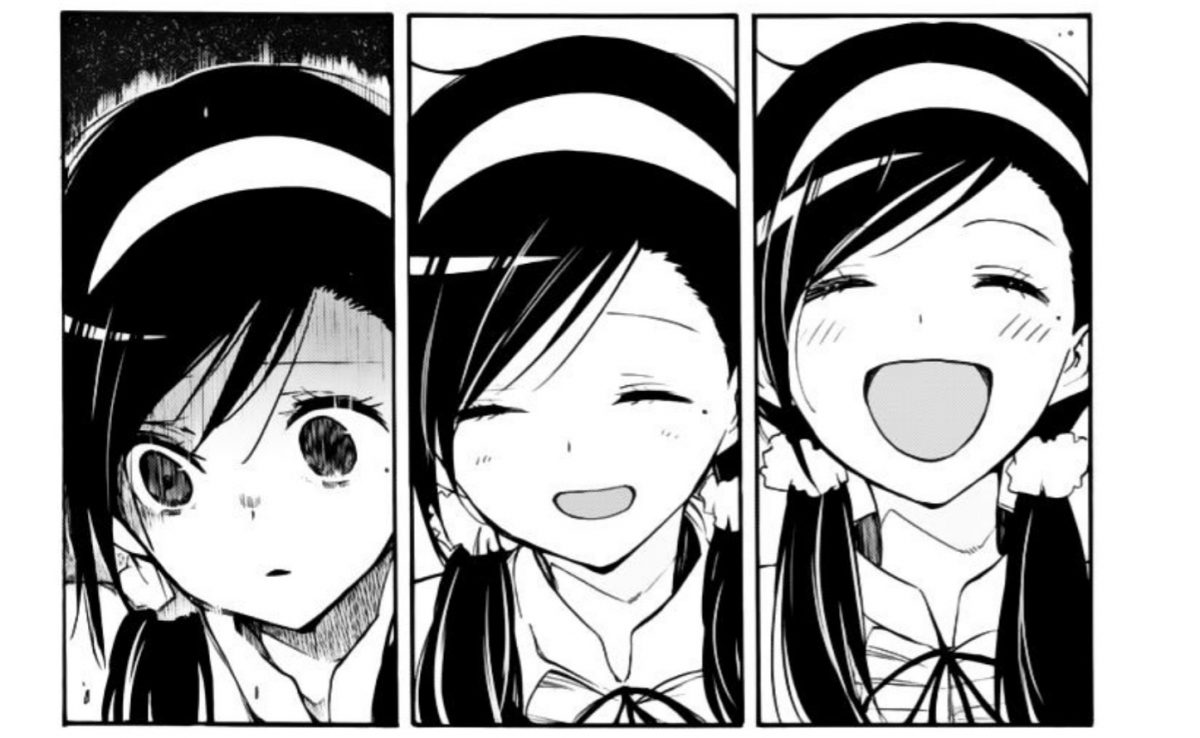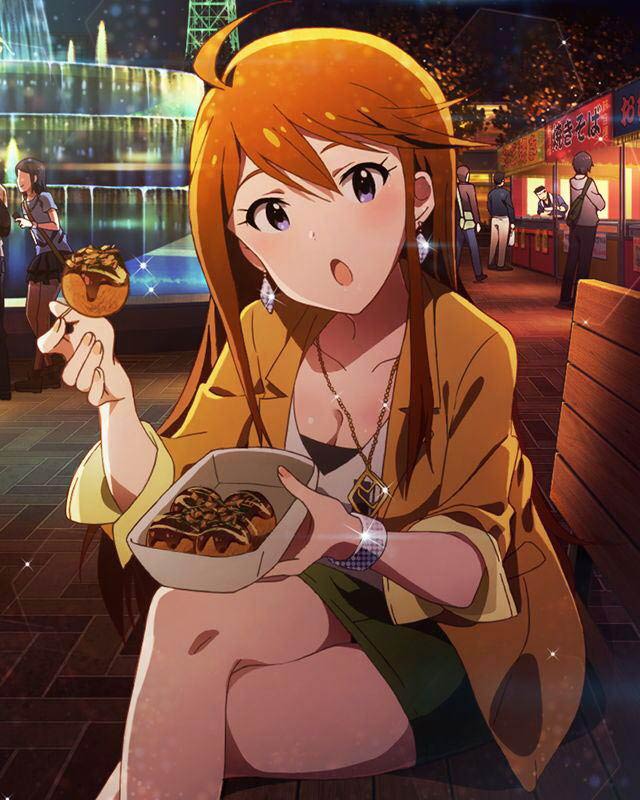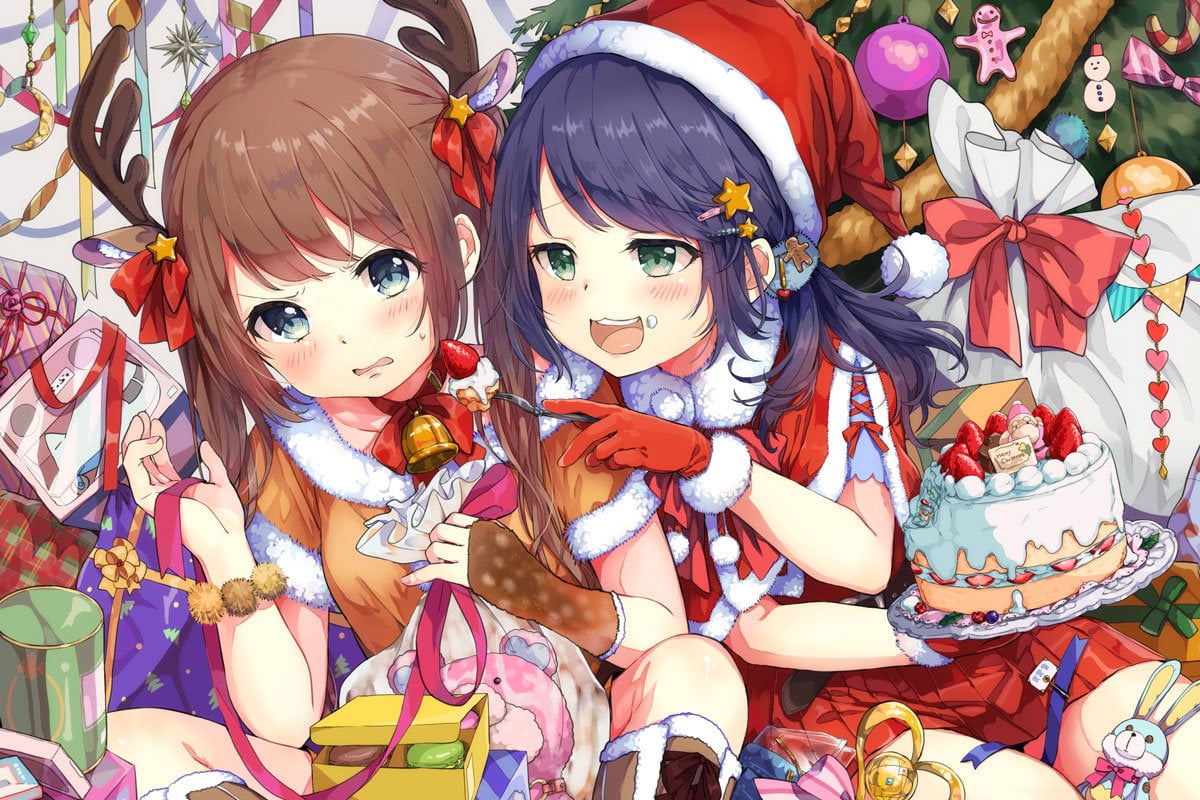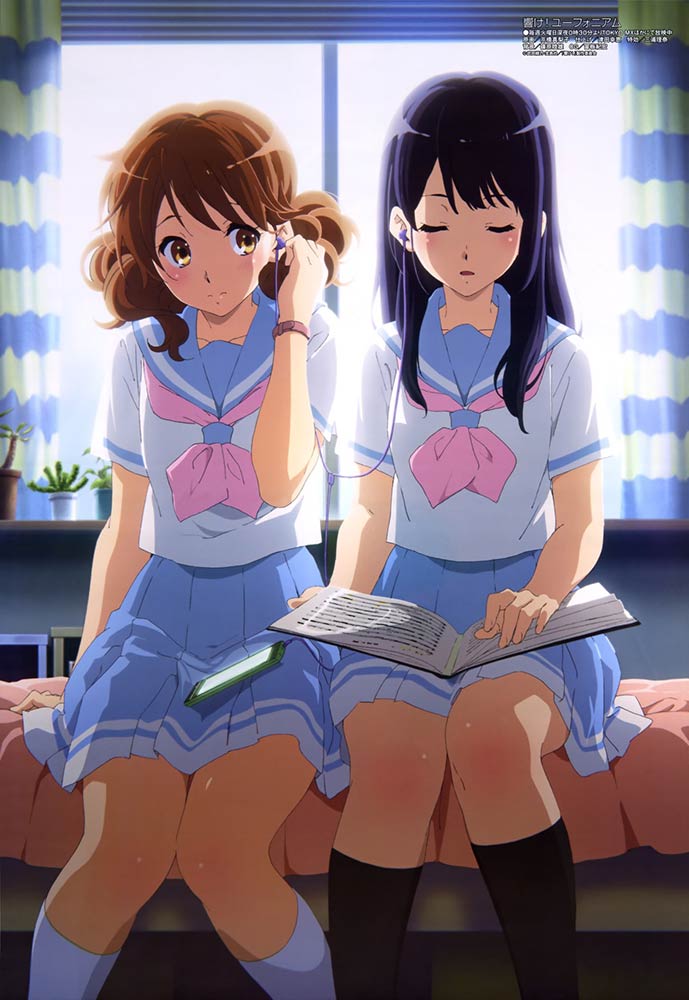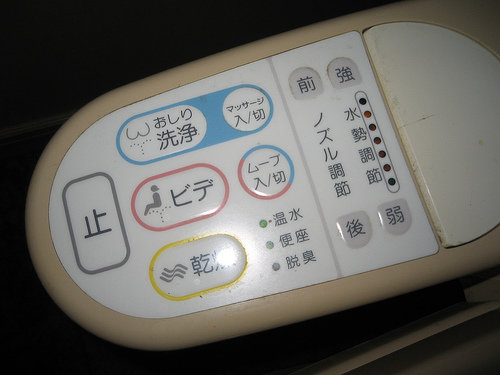Yesterday J-List’s Tomo and Jun were residents of separate towns, called Omama and Nitta, but today they’re neighbors in the newly created city of Midori, which means green in Japanese. One of the biggest trends in rural Japan is gappei (gah-PEI), meaning consolidation, as smaller regions join together to incorporate as cities. In Japan’s system of land organization, cities (shi, 市) are regions that have 50,000 or more people, whereas towns (machi or cho、町) and villages (mura or son、村) have smaller populations. Japan’s rural areas are being hit by the triple whammy of extremely low birth rate, lack of immigration and young people moving to urban areas, which is causing parts of the country to empty out at an alarming rate. As Japan’s population peaks this year, some rural areas are trying to redefine themselves to maintain their attractiveness to their citizens. It’s also quite common for rural areas to reward people who move there, paying a bounty of $10,000 for building a house, for example, or a monthly stipend if you have three or more kids. At current projections, the population of Japan in the year 3000 is going to be….only 27 people.
Whenever you study Japan’s society you inevitably encounter concepts of uchi (in-group) and soto (out-group). Groups are very important in Japan, and care is taken to avoid making any member feel that he’s not a full-fledged member, be it a class in high school or a group of friends at Tokyo Disneyland. I’ve learned a lot about Japan’s group psychology by watching them doing a very common thing: taking photographs. When a group of Japanese takes a photo together, you can often observe one person in the group taking a picture of everyone else, afterwhich another member will take the camera from him and take another picture, with the first person included this time. The idea is that if it’s a group photo, everyone needs to be included, and excluding someone from the group will be unfair to that person. Walking away without taking a second picture might make the unincluded individual feel like he was nakama-hazure (na-KOO-ma ha-ZOO-ray), or an exile from the group. Likewise, if that person said he didn’t want to be in the second picture it might cause bad feelings in the other members, so the second picture is usually taken. This system saves hurt feelings, although it wasted a lot of film back in the old Kodak/Fuji Film days.
Drinking establishments vary from country to country, and Japan is no different. The English word “bar” is used to describe a Western-style bar where you can find Guiness or a shot of Suntory Hibiki. A pub, on the other hand, often means a drinking establishment where there’s a hostess of some kind, basically a pretty women who make chatter with you as she encourages you to drink more. A Japanese business associate of mine once took me to a “cabaret club,” a very expensive place where your bourbon will be mixed by a beautiful girl as she makes cute small talk — in my case it was a lot of nihongo ga jozu” or your Japanese is very good,” which gets tedious after a while. Out here in the inaka (the boondocks) there’s a kind of bar called a “snack” (short for “snack bar” since they serve food), where you can drink, eat and sing karaoke. But my favorite kind of Japanese drinking establishment would have to be the izakaya (ee-ZA-KA-YA), translatable as “a place to drink saké and just be.” It’s basically a cozy Japanese-style restaurant/bar that serves cold beer in frosty mugs, with lots of good things to eat, from sushi and sashimi to edamame (soybeans you can just pop in your mouth) and more. We happen to have a cool set of toys from Re-Ment featuring all the amazing food, drink and other items you can get at an izakaya — see how many items you can identify! Full sets or random boxes are in stock.
We’ve got two products for fans of our original Japanese T-shirts: a new hoodie in cool Army Green Fatigue color, and a fitted girls version of our Ecchi parody rhinoceros shirt in earthy Olive Green. Our Japan-related T-shirts will make you look great, and since they’re “coded” with secret words like the word “ecchi” or with kanji messages, most people won’t know what they say. Browse our T-shirt and hoodie selection now!



